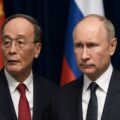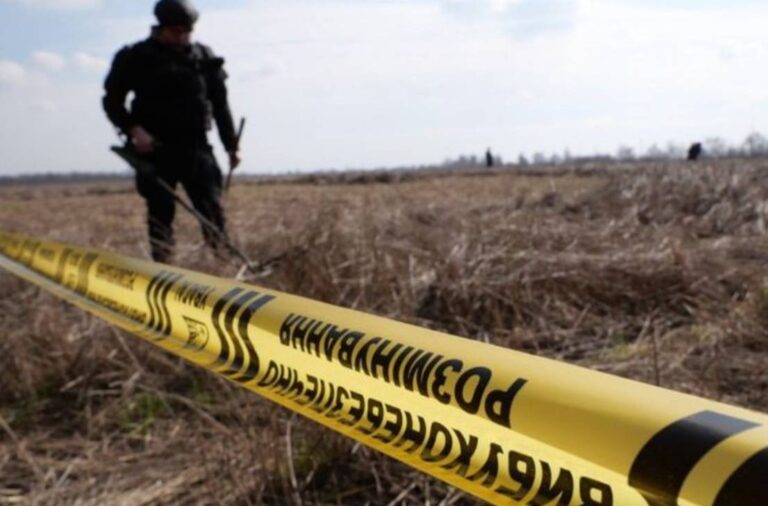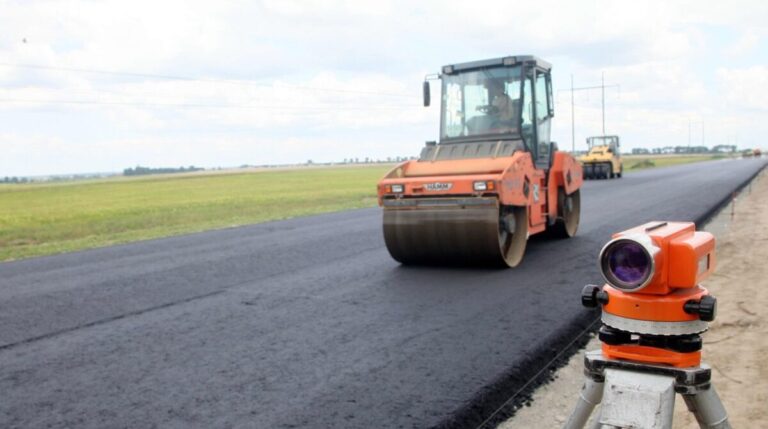
China Signals It Cannot Accept Russian Defeat: What This Means for the War and Global Politics
At the end of the first week of July 2025, Western media published a statement that instantly became a new point of tension in global diplomacy. According to CNN, during a closed-door meeting with European diplomats, Chinese Foreign Minister Wang Yi allegedly declared that “China cannot accept a Russian defeat in the war against Ukraine.”
At first glance, this sounds like another diplomatic maneuver, but in fact, such a position could seriously affect the course of the war, relations between the EU, the US, and China, and Russia’s strategic calculations.
What Actually Happened: Details and Sources
CNN was the first to report, citing several Western diplomats present at the meeting in Brussels between Wang Yi and the EU’s chief diplomat, Kaja Kallas. According to these sources, China made it clear that a Russian defeat is “unacceptable for Beijing, as it would allow the US to shift all resources and attention to China.”
This thesis was not included in any official communiqué, but it was confirmed by several independent sources for journalists. After the news broke, the Chinese Foreign Ministry limited itself to a standard statement: “We are not a party to the war, we support peace, negotiations, and a ceasefire.”
Why This Matters and Why This Isn’t Neutrality
China’s official position on the war in Ukraine in recent years has been “neutrality” and calls for peace. However, such behind-the-scenes signals point to a much deeper strategic choice: a protracted war is advantageous for China, as it ties up US and allied resources and political focus, preventing Washington from concentrating fully on the Asia-Pacific and its rivalry with Beijing.
This is not just “playing both sides” but a conscious calculation, increasingly confirmed by analysts in both the West and Asia.
What Kind of Support Does Russia Get from China?
Formally, China does not supply Russia with weapons for the front. But according to The Economist and G7 reports, Beijing has become a key economic and technological partner for the Kremlin:
- Through Chinese banks and logistics firms, Moscow circumvents some sanctions, receiving components for drones, electronics, vehicles, and even dual-use materials.
- The European Union has already prepared a sanctions package against two Chinese banks involved in export support for Russia despite restrictions. Their names have not been disclosed, but these steps indicate that economic cooperation is not just ongoing, but expanding.
- In occupied Crimea, the Russian-installed administration has repeatedly announced the involvement of Chinese business in infrastructure projects, though official Beijing has not confirmed any participation.
The US Position and International Response
According to Bloomberg and CNN, President Trump’s current administration deliberately avoids harsh public criticism of China for cooperation with Russia, instead focusing on bilateral trade talks, restrictions in technology, and rare earth metals. The Ukrainian issue plays only a secondary role in this dialogue.
Both in Washington and Brussels, there’s growing recognition that Beijing is intentionally prolonging the war supporting Russia just enough to prevent defeat, but not enough for a decisive victory. The West (G7) continues to call on China to use its influence over Putin for meaningful negotiations, but Beijing maintains its public distance, hiding behind “neutrality.”
Why “Protracted War” Is a Strategic Choice for China
Analysts see a clear logic in Beijing’s stance: as long as the war in Ukraine continues, the US, EU, and NATO must spread their resources and attention. This gives China more space for domestic development, expanding influence in Southeast Asia, Africa, and Latin America, and for preparing possible scenarios around Taiwan.
Such tactics allow Beijing to avoid direct hits from new sanctions while supporting its main Eurasian partner.
China’s signal that it cannot accept a Russian defeat is one of the most explicit demonstrations of the new global reality. Even if these words were not spoken in public, such “backroom” messages set the tone of international politics: the war in Ukraine is no longer just a Ukrainian-Russian conflict, but part of the larger global confrontation between the West and Beijing.
For Ukraine, this means that achieving full victory over Russia will be more complicated than simply winning militarily. The real outcome depends on the positions of the world’s centers of power.
And for the West, it’s a reminder: without a consolidated, strategic approach to both China and Russia, influencing the course of the war will become increasingly difficult.














